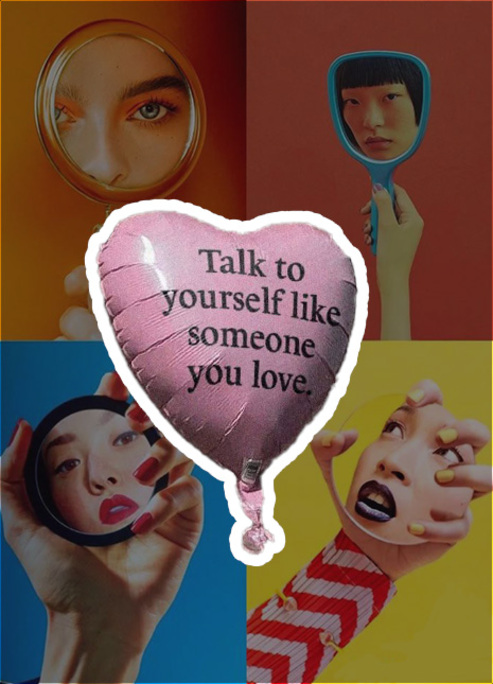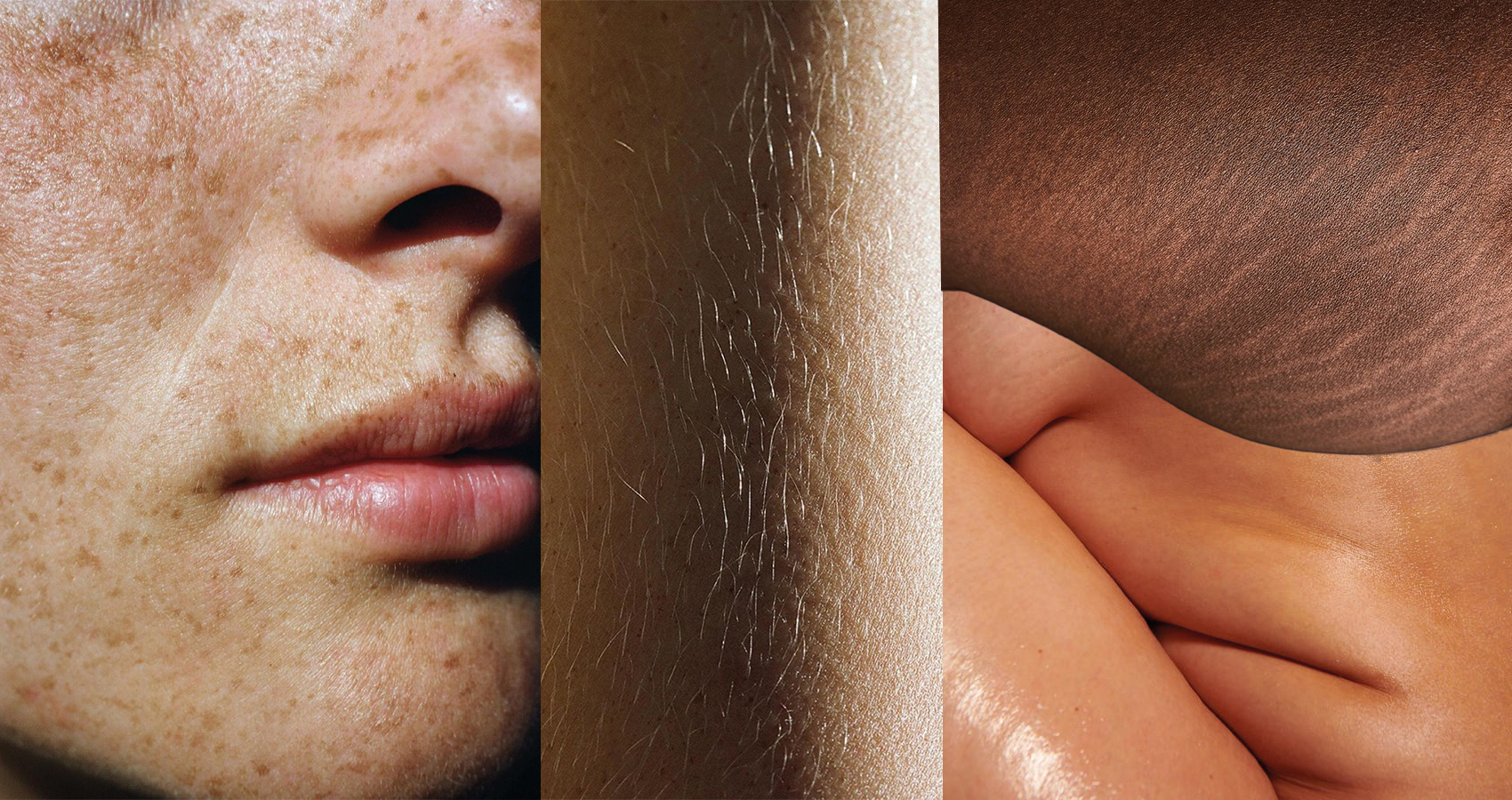
Youth Culture's Obsession With Self-care And Body Positivity: A Modern Movement
Shaping identities & well-being.
In today’s fast-paced world, youth culture is redefining what it means to care for ourselves and embrace our bodies. With the rise of social media, self-care and body positivity have become more than just trends; they’re movements that resonate deeply with younger generations. We’re witnessing a shift where self-love is celebrated and mental health is prioritized, challenging outdated beauty standards and encouraging authenticity.
As we dive into this phenomenon, we’ll explore how this obsession with self-care and body positivity shapes identities and influences daily lives. From skincare routines to body acceptance campaigns, these practices empower us to take charge of our well-being. Let’s unpack the significance of these cultural shifts and their lasting impact on our society.
Understanding Youth Culture
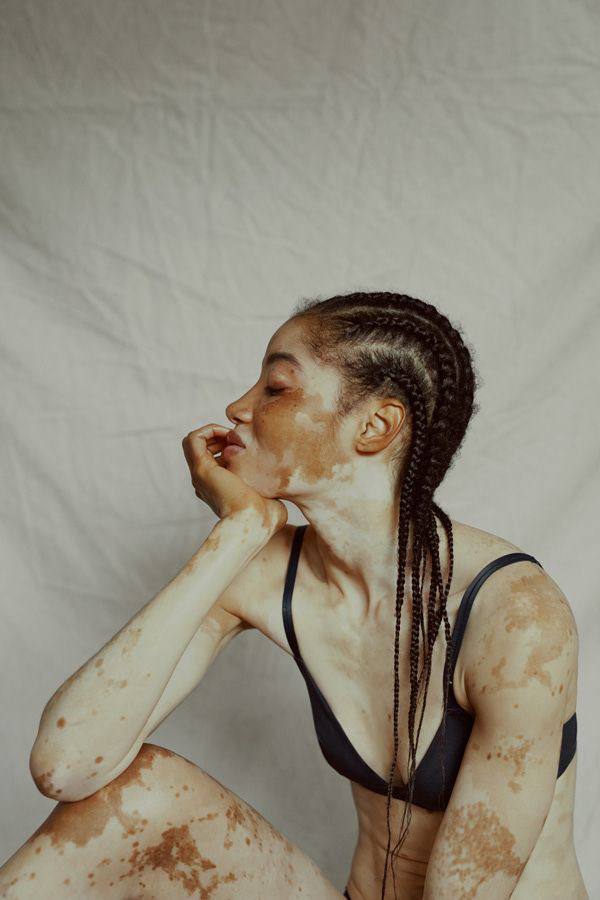
Youth culture today reflects a strong commitment to self-care and body positivity. Social media platforms foster discussions surrounding mental health, prompting young individuals to prioritize their well-being. We see this shift manifest in various forms, from the increasing popularity of shapewear swimsuits, which celebrate diverse body types, to challenges that encourage acceptance of natural beauty.
The rise in body positivity has a direct impact on the way youth perceive themselves. Influencers promote authenticity, empowering their followers to embrace their unique shapes and forms. Their messages resonate deeply, encouraging conversations that challenge conventional beauty standards. We observe an increasing acceptance of all body types, contributing to improved self-esteem among young individuals.
Moreover, youth culture's fascination with self-care emphasizes mental health as part of holistic well-being. Self-care routines often include skincare, fitness, and mindfulness practices. Innovations in wellness, such as Infraredi technology, promote self-care by improving relaxation and recovery. This focus on care for both the body and mind leads to a deeper understanding of self-worth.
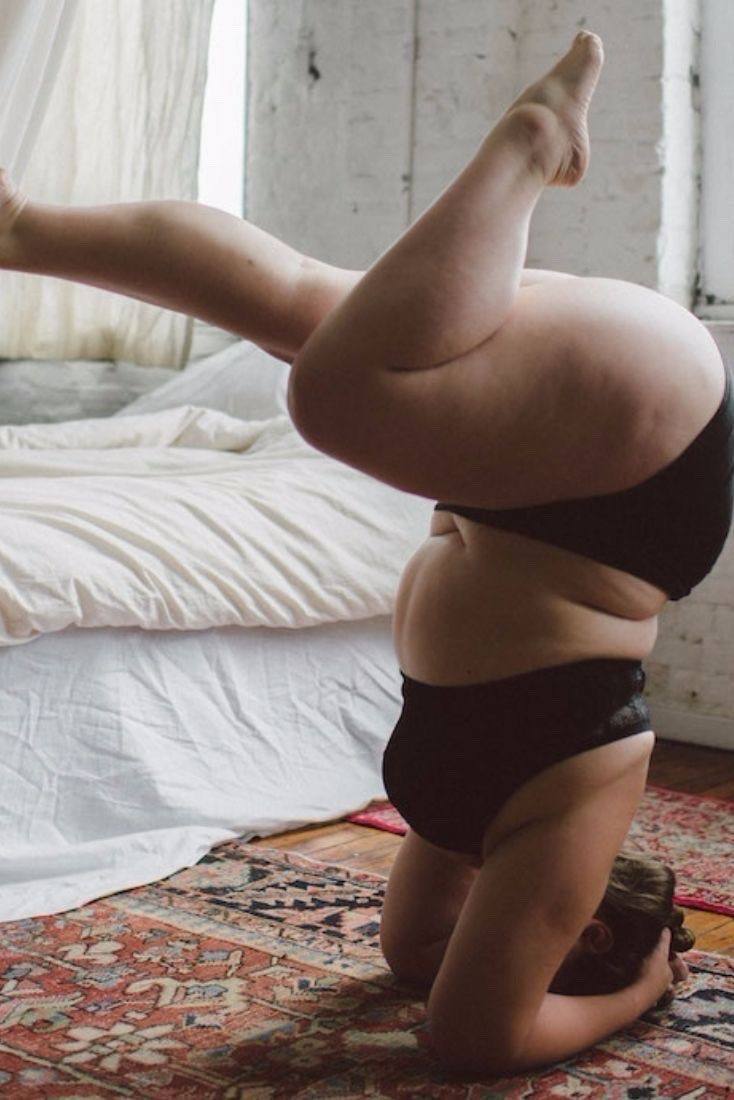
Education and access to resources reinforce these values. Organizations and mental health advocates work collaboratively to provide support and awareness. Workshops and online platforms offer strategies for coping with societal pressures, further enhancing the youth's commitment to self-love and acceptance.
As youth culture continues to evolve, these themes of body positivity and self-care play a crucial role in shaping identities. Collectively, we navigate a world that encourages us all to celebrate who we are, supporting each other in the journey toward holistic well-being.
The Rise of Self-Care
We notice a significant shift in youth culture, marked by an increasing focus on self-care. This trend encompasses physical, mental, and emotional well-being, promoting holistic approaches to daily life and self-acceptance.
Defining Self-Care
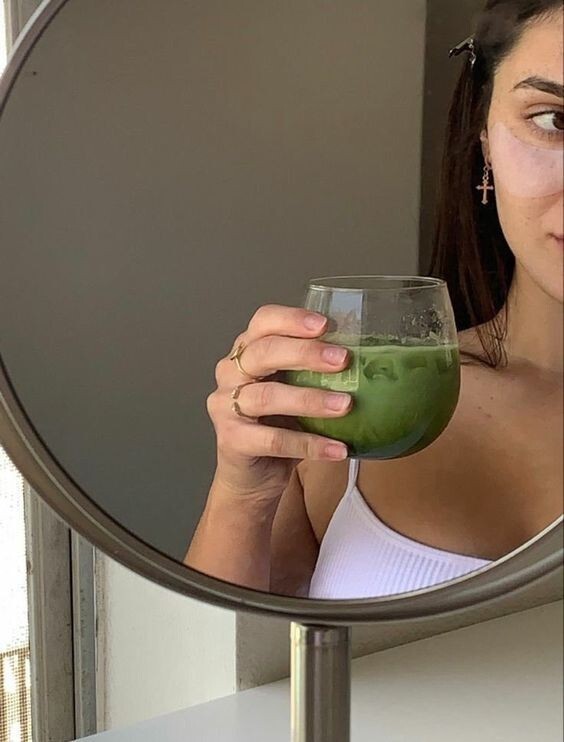
Self-care involves intentional actions aimed at preserving or enhancing personal health. It can include practices like skincare routines, fitness activities, or moments of mindfulness. Embracing self-care fosters self-love and encourages individuals to prioritize their needs, ultimately leading to a more balanced lifestyle.
Influences on Self-Care Practices
Social media serves as a powerful influence on self-care practices. Platforms showcase various lifestyle trends, including body positivity and self-love, promoting the acceptance of all body types. Influencers inspire their followers through authentic content, emphasizing the normalization of products like shapewear swimsuits. As these trends gain traction, accessible information and resources empower young people to cultivate effective self-care regimens tailored to their unique needs.
Body Positivity Movement
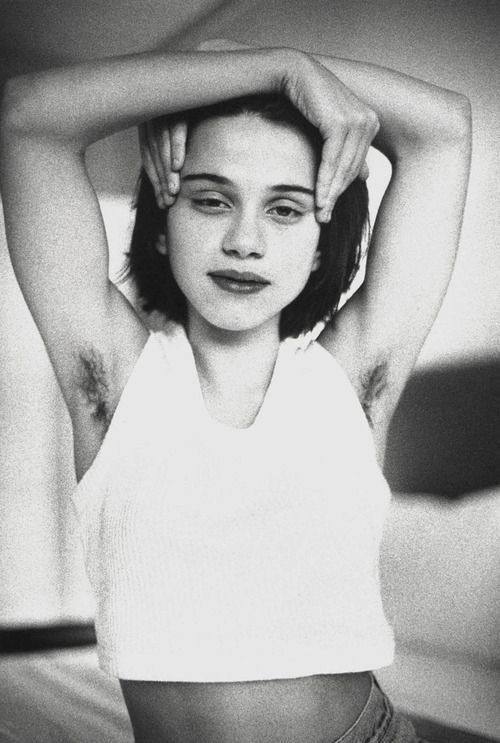
The body positivity movement advocates for the acceptance of all body types, promoting self-love and mental health awareness among youth. This cultural shift has gained momentum due to social media platforms, where diverse representations encourage authenticity.
Origins of Body Positivity
The body positivity movement began in the late 1960s, driven by activists challenging unrealistic beauty standards. It evolved to embrace inclusivity, empowering individuals to celebrate their bodies regardless of size or shape. The introduction of trends like shapewear swimsuits reflects this evolution, allowing individuals to express their confidence comfortably. As we revisit its roots, we can appreciate how far the movement has come in redefining beauty norms.
Impact on Youth
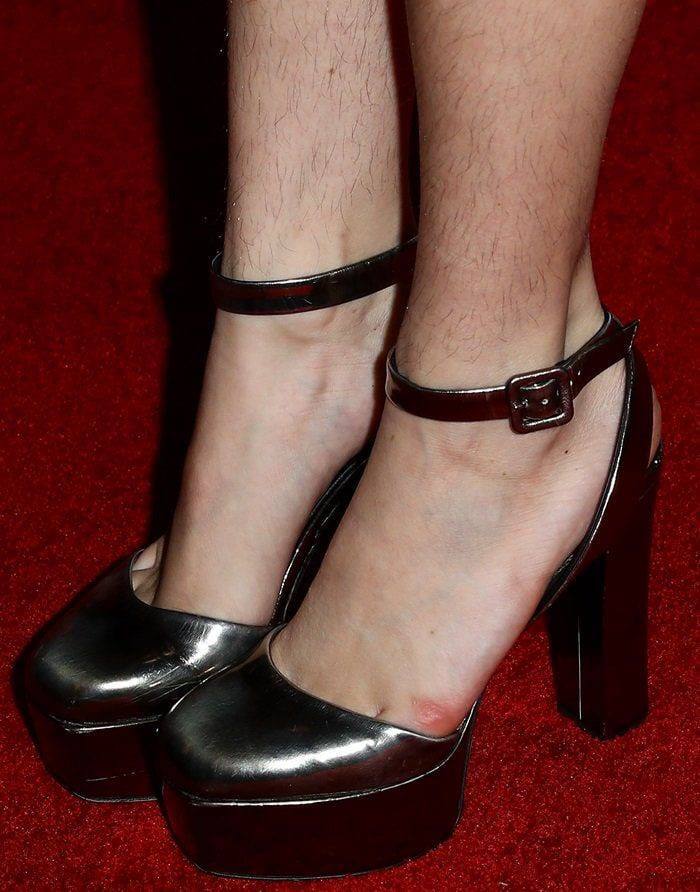
Youth today experience profound effects from the body positivity movement. The celebration of diverse body types fosters self-acceptance, reducing stigma surrounding non-traditional physiques. Social media influencers amplify these messages, showcasing products like shapewear swimsuits that enhance body confidence. This cultural shift cultivates a positive environment for youth to develop healthy self-images and promote mental well-being.
Intersection of Self-Care and Body Positivity
Self-care and body positivity are interconnected movements that reshaped youth culture, fostering self-love and acceptance. The emphasis on self-care advocates for intentional practices that elevate physical, mental, and emotional health. Activities like skincare routines, fitness, and mindfulness enhance our well-being and reinforce positive body images. Choosing clothing that supports confidence, such as a shapewear swimsuit, can also empower individuals to feel comfortable and proud in their own skin.
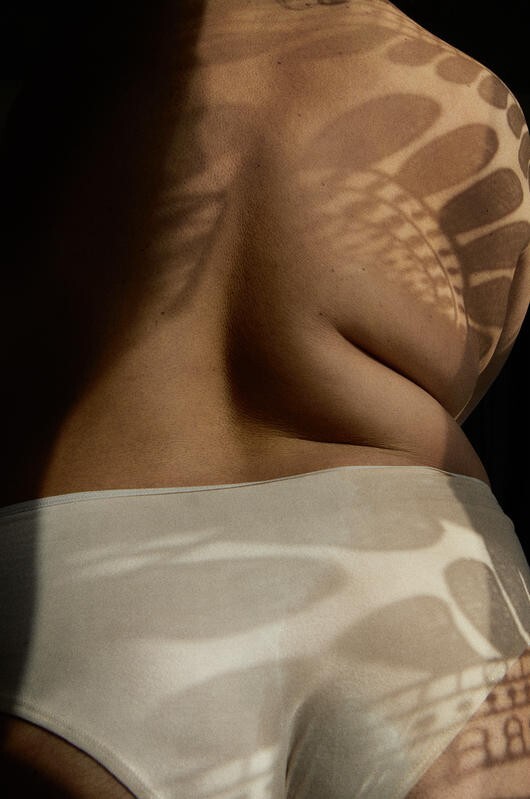
Body positivity, promoting the acceptance of diverse body types, aligns closely with self-care. It encourages young individuals to celebrate their unique physiques without the constraints of traditional beauty standards. The rise in popularity of items like shapewear swimsuits showcases how this movement supports body confidence. Shapewear helps individuals feel comfortable and secure, creating a sense of empowerment about their bodies.
Social media platforms amplify both self-care and body positivity messages, allowing influencers to showcase authentic body representations. This visibility cultivates a culture where all body types are valid, directly impacting young people's self-esteem. Access to advocacy resources supports mental health, encouraging deeper connections between self-care practices and body acceptance.
Through active participation in self-care, we foster a supportive environment that endorses body positivity. Embracing our bodies enhances feelings of self-worth, and nurturing ourselves becomes a vital component of this cultural evolution.
Critiques and Challenges
While the movements of self-care and body positivity foster important cultural shifts, they face critiques and challenges that merit attention. Critics argue that the commercialization of self-care often prioritizes profit over genuine well-being. Brands may promote products with misleading claims, leading to confusion about what true self-care entails. This commercialization distorts the original intent of self-care, which aims to prioritize mental, physical, and emotional health rather than material acquisition.
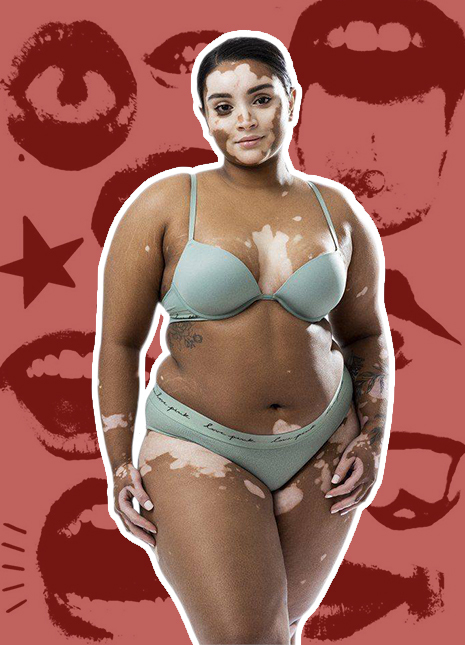
The body positivity movement also encounters significant challenges. Despite its core message of acceptance for all body types, some argue that certain narratives can project unrealistic expectations. The push for shapewear swimsuits, for example, may inadvertently suggest that only specific body types deserve to be celebrated, thus undermining the inclusive spirit of the movement. The promotion of certain products as “essential” for body confidence can also promote consumerism at the expense of genuine self-acceptance.
Furthermore, the pervasive influence of social media can lead to a distorted perception of body positivity. Platforms often amplify idealized images, creating pressure rather than encouragement for individuals to embrace their own bodies. Even within the body positivity community, diversity in representation may remain limited, challenging the movement's aim of inclusivity.
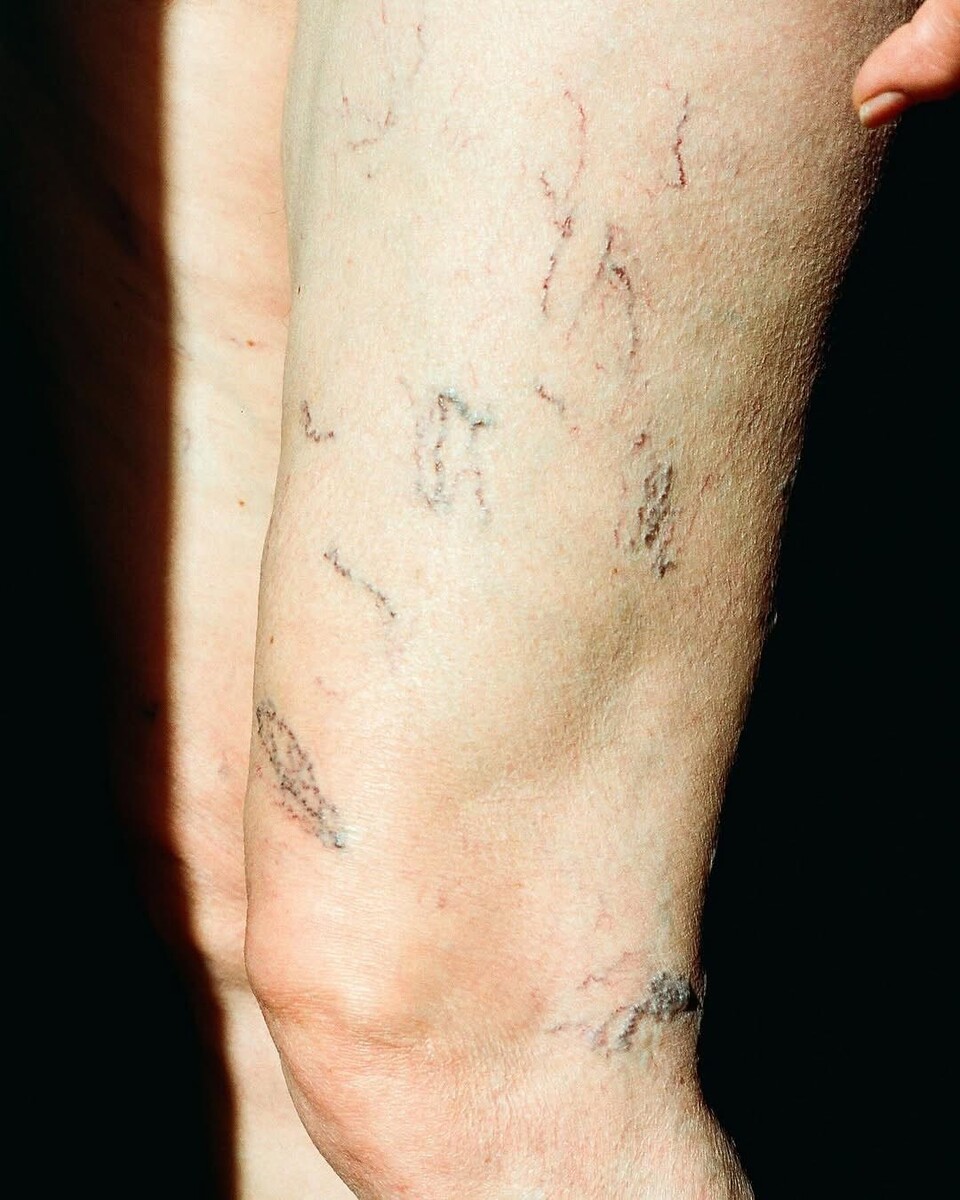
We recognize that the intersection of self-care and body positivity requires critical examination. As we navigate these cultural shifts, fostering authentic conversations remains vital for empowering young individuals genuinely. The journey towards holistic well-being and true body positivity involves recognizing these critiques while continuing to advocate for diverse body types and self-love. For more insights, check out Psychology Today which delves into the psychology behind self-care and body image.




